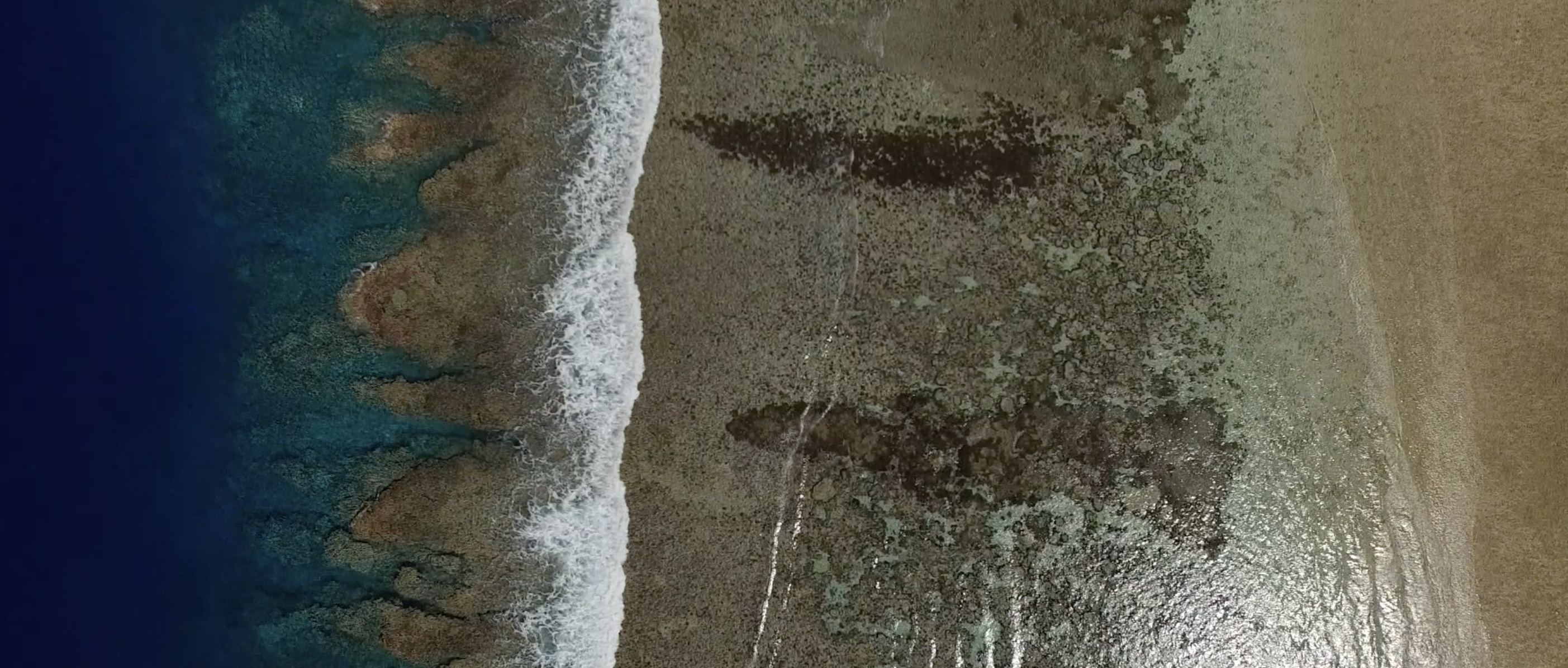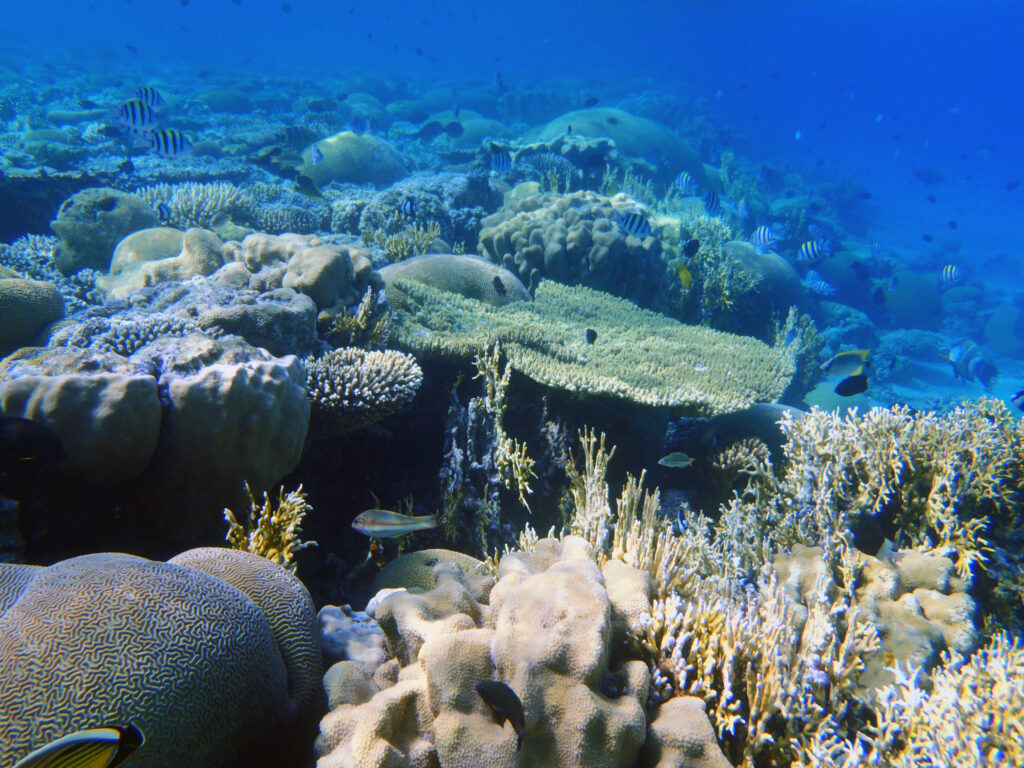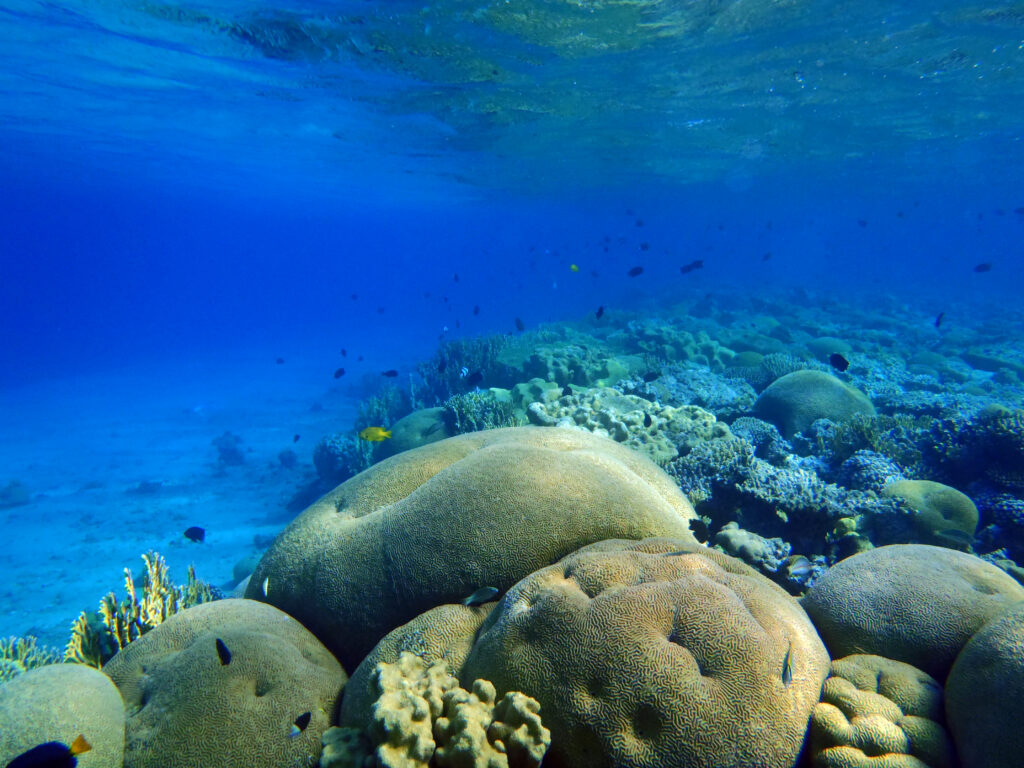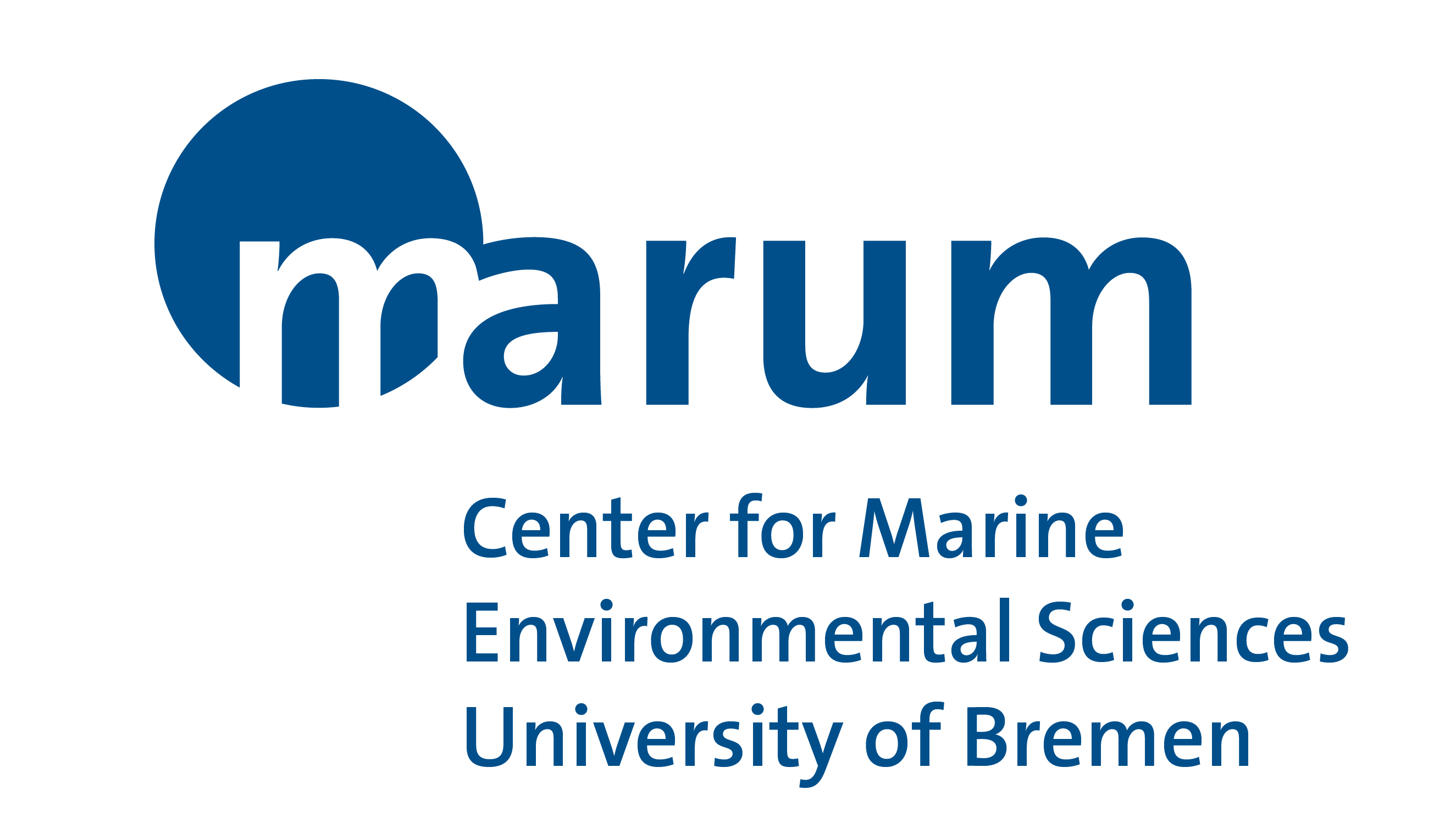
Scientific Questions
The greatest threat to coral reef ecosystems today is climate change, particularly the rise of tropical sea surface temperatures. Short intervals between recurrent mass coral bleaching events, driven by anomalously high water temperatures, are becoming too short to allow the full recovery of mature coral reef assemblages and will have dramatic effects on future coral reef growth. Climate change also causes climatic extremes which affect the livelihood of tropical societies and influences the health and longevity of reef systems across the tropics. The tropics are home to about 40 percent of the world’s population and are the most vulnerable to the regional impacts of future climate change.
Global warming continues to reach new records, and 2021 was the 7th consecutive year (2015-2021) when global temperatures were over 1°C above pre-industrial levels, according to the WMO. According to the Intergovernmental Panel on Climate Change’s, Special Report on the Ocean and Cryosphere in a Changing Climate (SROCC) published in 2019, almost all warm-water coral reefs are projected to suffer significant losses of area and local extinction, even if global warming is limited to 1.5°C (high confidence). Additionally, these changes may influence the species composition and diversity of remaining reef communities are projected to differ from present-day reefs (very high confidence).
In addition to increases in average temperatures, projections suggest that during the 21st century, more frequent extremes such as marine heatwaves (very high confidence) and El Niño-Southern Oscillation (ENSO) events (high confidence) are likely. 2015 and 2016 were the warmest recorded years since 1850, and were both associated with very strong El Niño events and associated with large coral bleaching events. Therefore, assessing how future warming will change coral reef ecosystems and tropical climate variability is extremely urgent.
The ultimate goal of Tropical Climate & Corals is to deliver estimates and projections of how tropical marine climate variability and coral reef ecosystems will change in a warming world with rising carbon dioxide levels, on timescales relevant for society. The programme aims to monitor the transition of today’s coral reef ecosystems and tropical climate variability, i.e. during the current onset of anthropogenic warming, using the powerful tool of coral biogeochemistry.
Programme Research Questions
Can we understand the interaction between global climate change and modes of tropical climate variability, and their combined impact on coral reef ecosystems and tropical societies in a warming world?
Can we identify and understand rapid changes and transitions, their precursors, and thresholds on seasonal, interannual and decadal timescales during the current and past warm climates – in coral proxy records of climate and environment, coral reef ecosystems, and earth system model simulations?
Can monthly climatic and environmental information extracted from coral skeletons by novel geochemical and isotopic analysis tools, combined with advanced statistical methods, earth system modelling and observed ecosystem responses quantify rates of change to project future coral reef ecosystem and tropical marine climate change?
What are the future risks associated with the impact of increasing tropical sea surface temperature on dominant tropical climate modes, regional climate extremes, long-term precipitation trends, tropical societies and in particular, coral reef ecosystems?
Programme Research Topics
A. Large-scale ocean, climate & environment reconstructions
B. Coral & reef-scale response to current environmental stress
C. Climate, reef & proxy modelling – Climate & proxy advanced statistics





